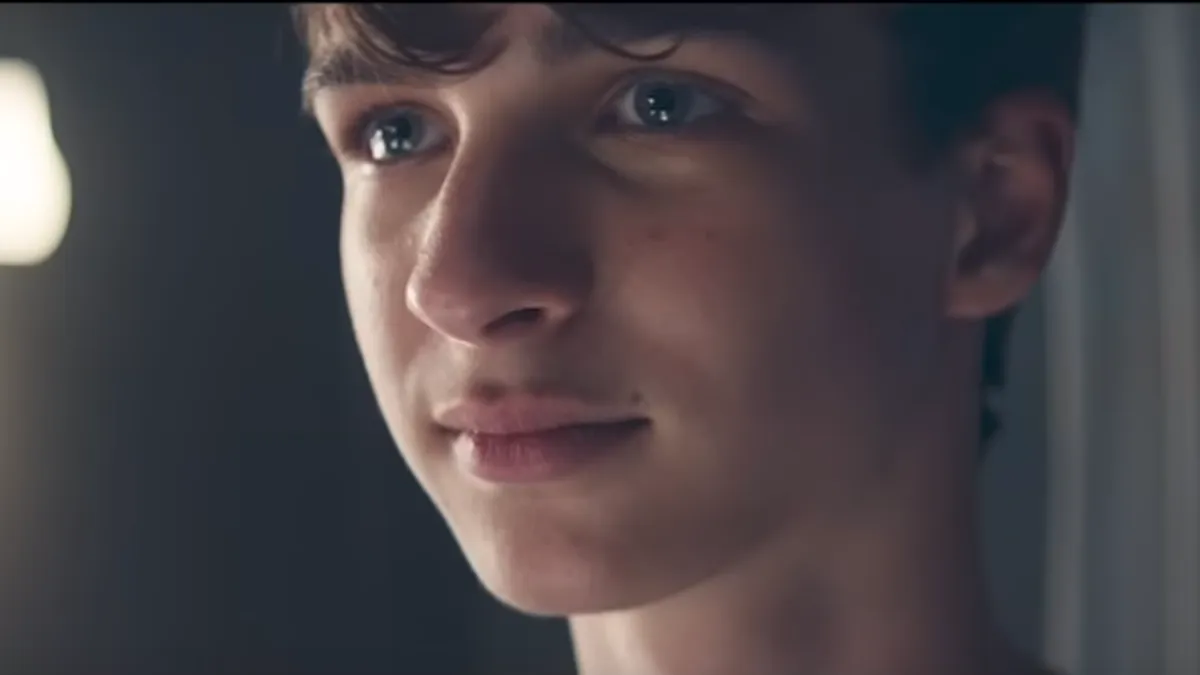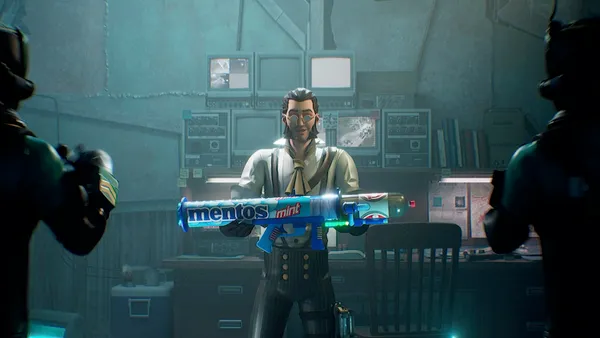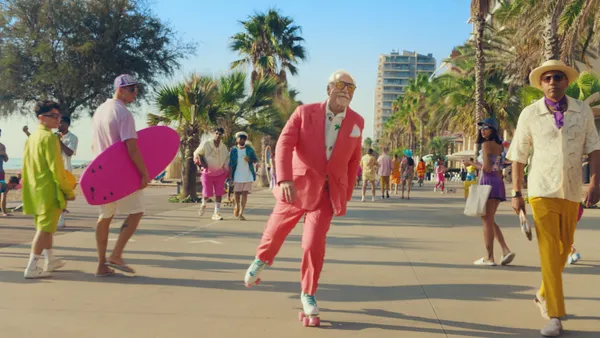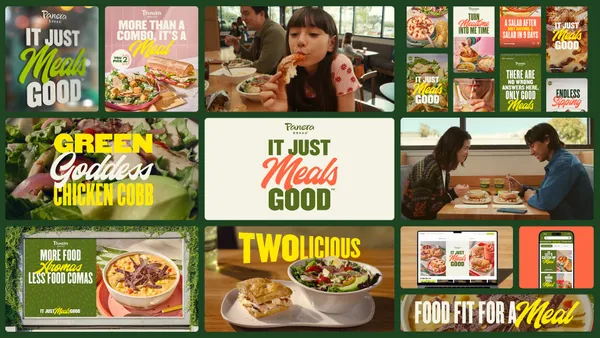Dive Brief:
- Procter & Gamble's Gillette debuted a short film, "We Believe," that seeks to redefine masculinity, the CPG giant's Chief Brand Officer Marc Pritchard said during a talk at the Consumer Electronics Show in Las Vegas last week.
- The film, which Marketing Dive viewed during the presentation to a packed crowd, aims to tackle notions of toxic masculinity, including sexual harassment and bullying, and makes direct reference to the #MeToo movement. The creative expands the brand's "The Best a Man Can Get" tagline introduced three decades ago into "The Best Men Can Be."
- For the campaign, which was developed with the agency Grey, Gillette launched TheBestMenCanBe.org and pledged to donate $1 million per year over the next three years to U.S. nonprofits that provide men with role models and help them to better themselves, according to a company statement. Boys and Girls Club of America is the brand's first partner for the initiative.
Dive Insight:
Gillette is joining its advertising peers, in the razor category and elsewhere, in attempting to deconstruct problematic and potentially outdated characteristics associated with manliness, many of which have historically been amplified by advertising. "We Believe" features a clip from an old Gillette ad, where a woman kisses a freshly shaved man before a group of teenagers bursts through a screen the spot is being projected onto.
"By holding each other accountable, eliminating excuses for bad behavior, and supporting a new generation working toward their personal 'best,' we can help create positive change that will matter for years to come," Gary Coombe, president of P&G Global Grooming, said in a statement.
The message of Gillette's campaign is becoming increasingly common as brands in traditionally product-driven categories, such as razors, attempt to meet consumer demand for more purpose-led marketing. Gillette competitor Schick Hydro rolled out a multichannel effort in October to promote "healthy masculinity," including through a video series called "Locker Room Talk" starring NBA player and mental health advocate Kevin Love. Direct-to-consumer razor startup Harry's last year also created a three-minute clip called "A Man Like You" that examines what defines being a man.
"We Believe" potentially takes some ideas about grappling with masculinity a step further in addressing Gillette's past and embracing relevant cultural movements like #MeToo. From a strategic standpoint, the short is indicative of a two-pronged approach P&G is taking with its brands, according to Pritchard, where part of the business is "functional," supported by product, and the other part is emotional, built on marketing that offers a distinct point of view. At CES, Gillette showcased a new razor with heating technology that replicates the feeling of a hot-towel shave — a product innovation that was complemented by the more positioning-driven "We Believe."
"[We're] seeing all sides of the brand as opposed to just one or two sides of the brand," Pritchard said at a talk where he also envisioned a world that's moved on from traditional advertisements. "That's what the future is about."
While efforts like "We Believe" could help Gillette tap into a growing consumer appetite for brands that take stances on political and social issues, they also risk putting off some customers. The men's apparel retailer Bonobos experienced backlash last summer for a campaign redefining masculinity, though the company has stood by the work. Similarly, Gillette already appears to be getting flak for its ad, including through YouTube comments like "Go woke go broke" or "Remind me to never buy Gillette."
The long-term returns for Gillette, however, could be significant if the creative resonates with the right consumer base, such as millennials who show stronger favor toward purposeful brands. Despite initial blowback, Bonobos' "Evolve the Definition" ranked highly in YouTube's year-end list analyzing brand videos shared on the platform, netting a superlative as a campaign That Rewrites the Rules.















